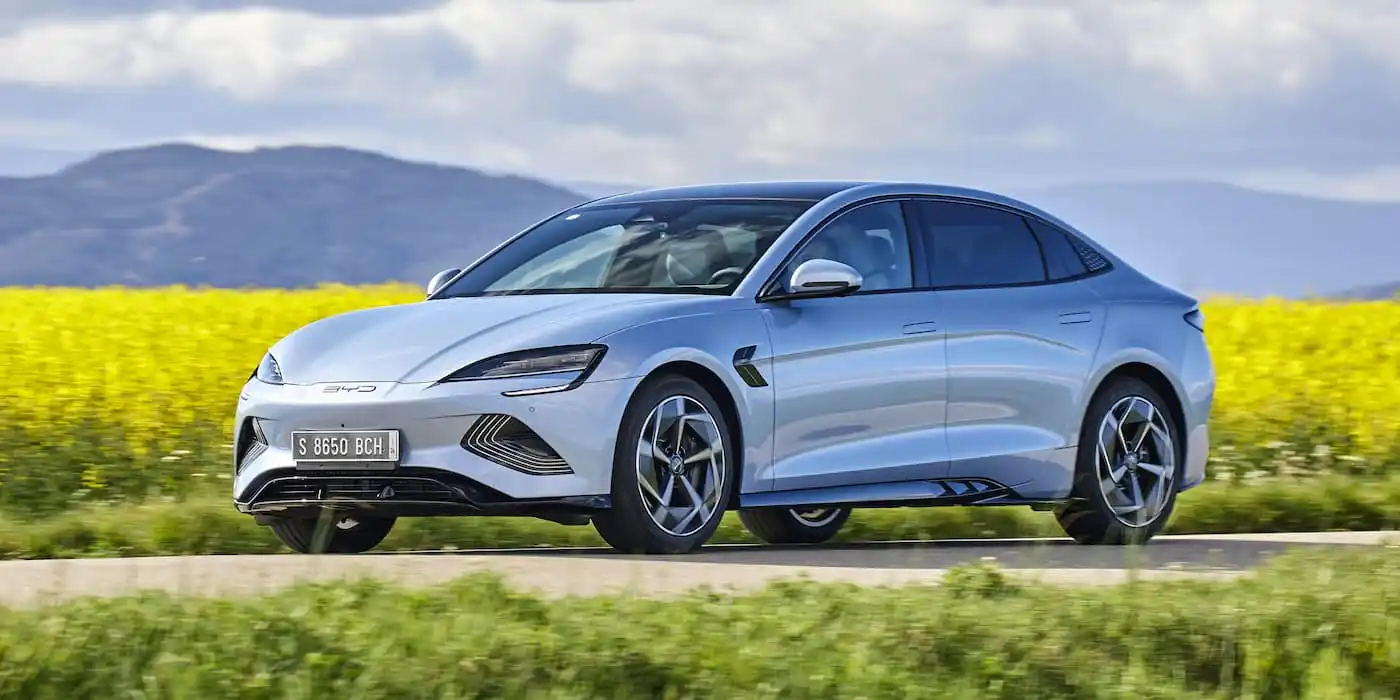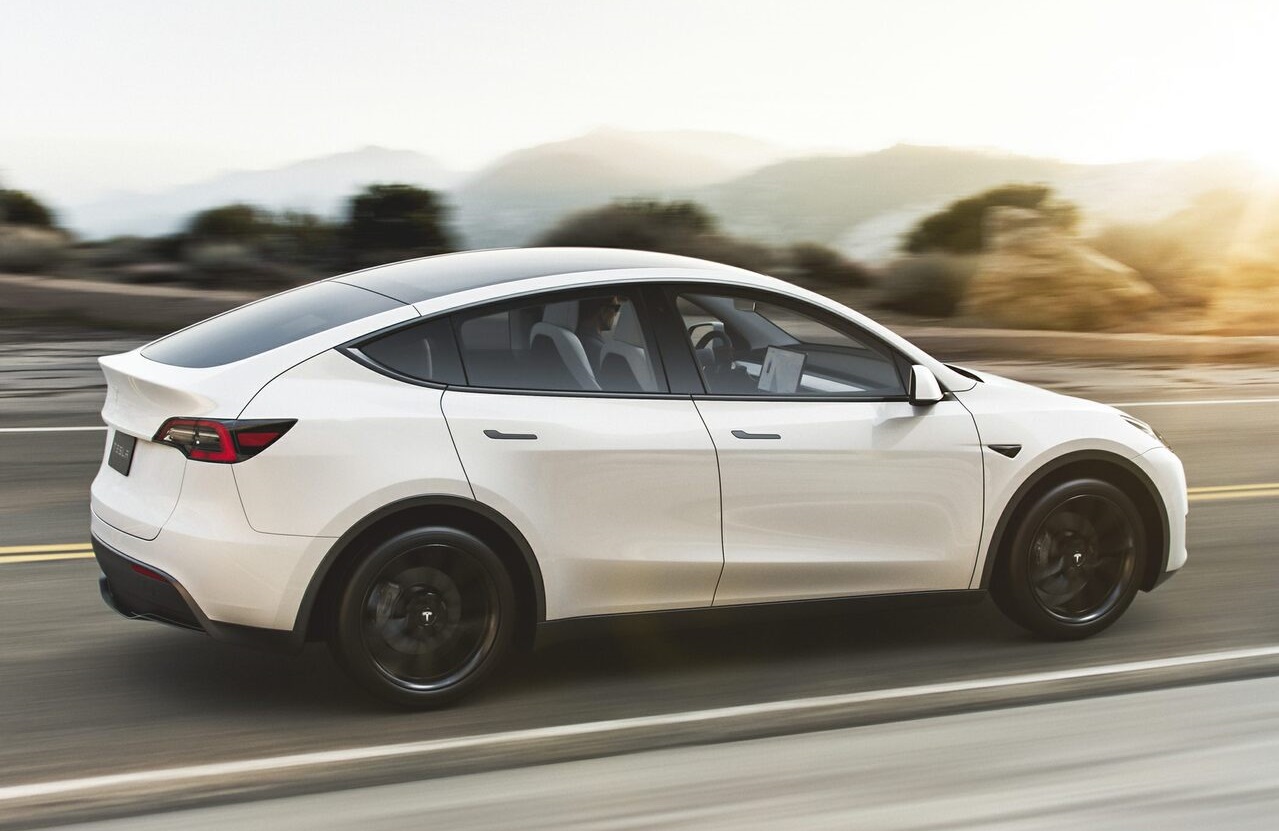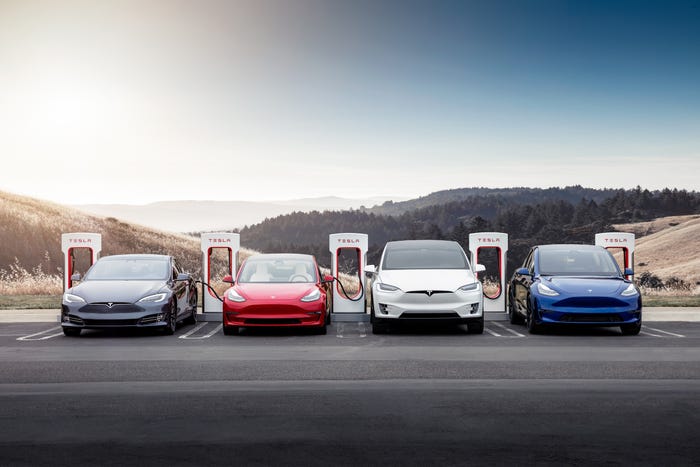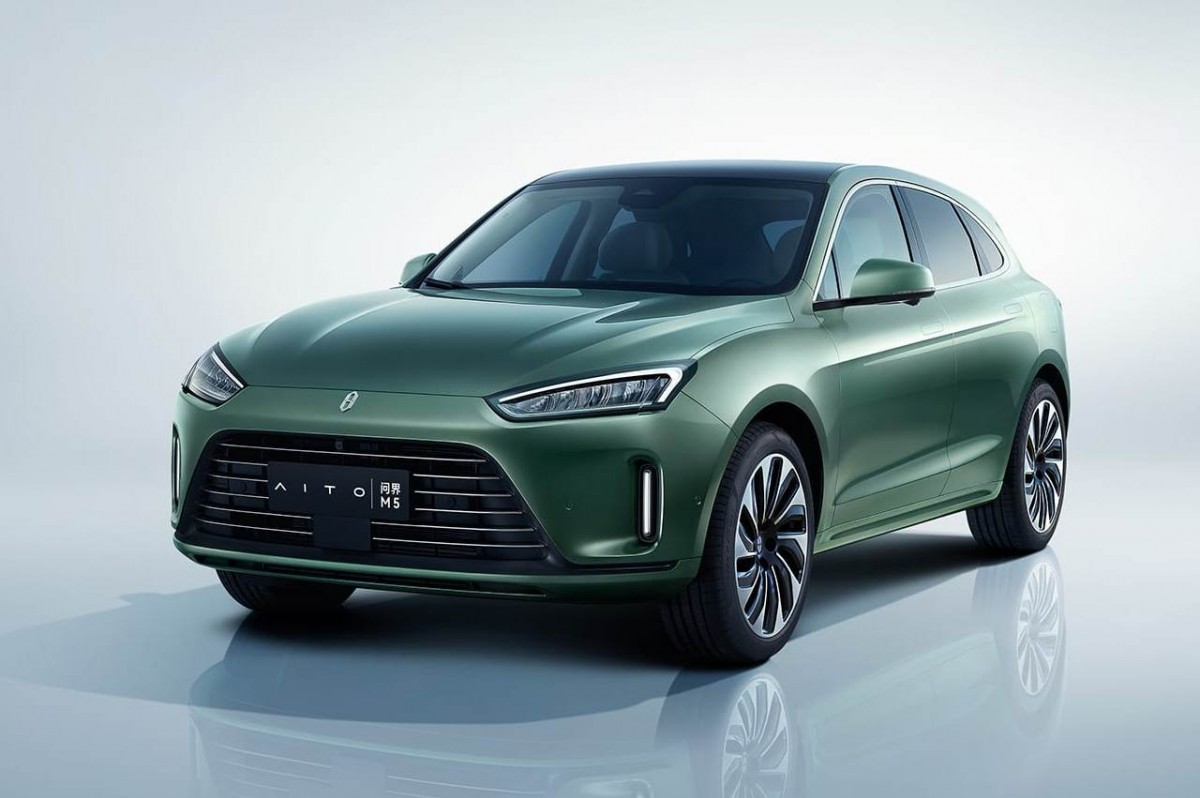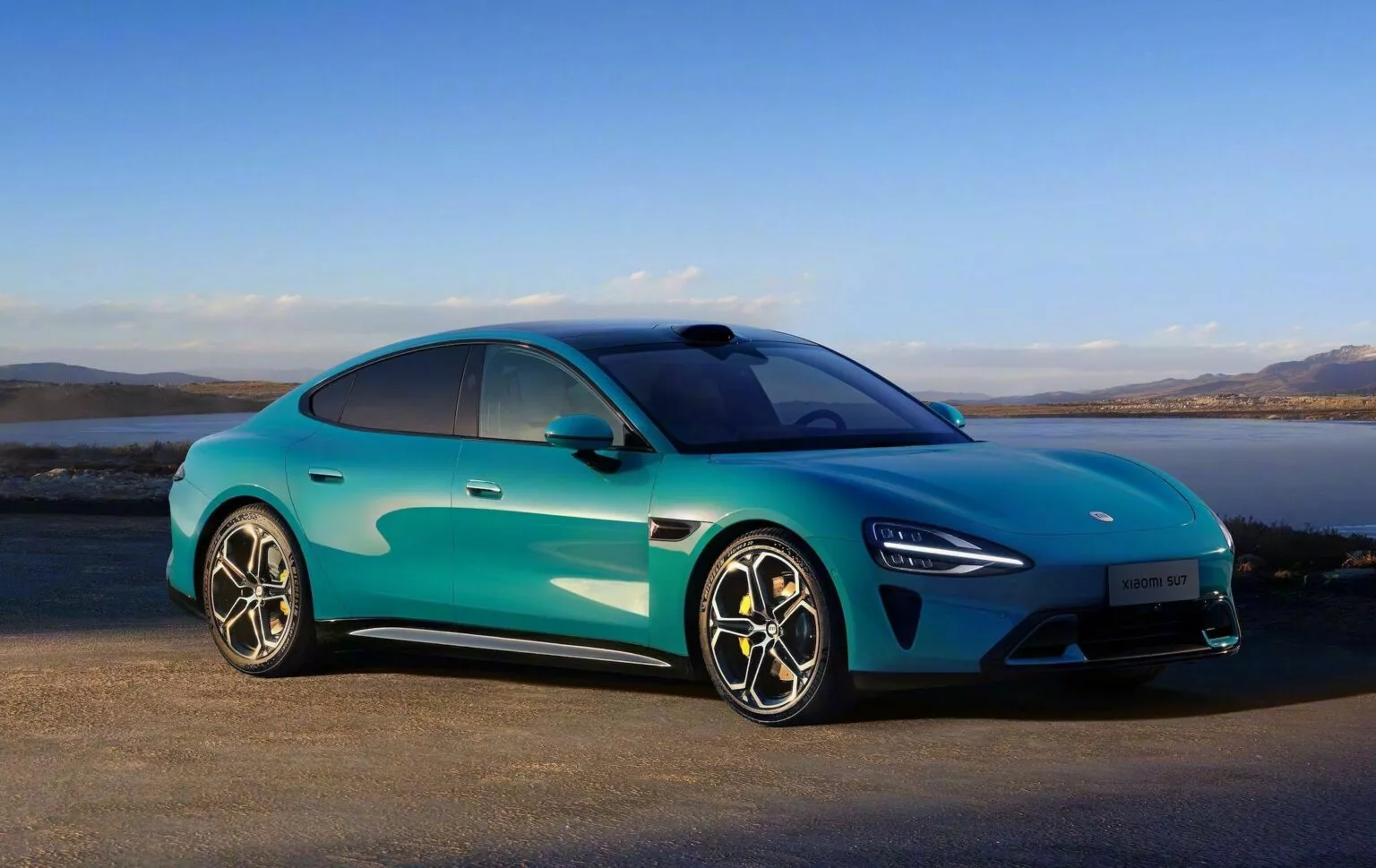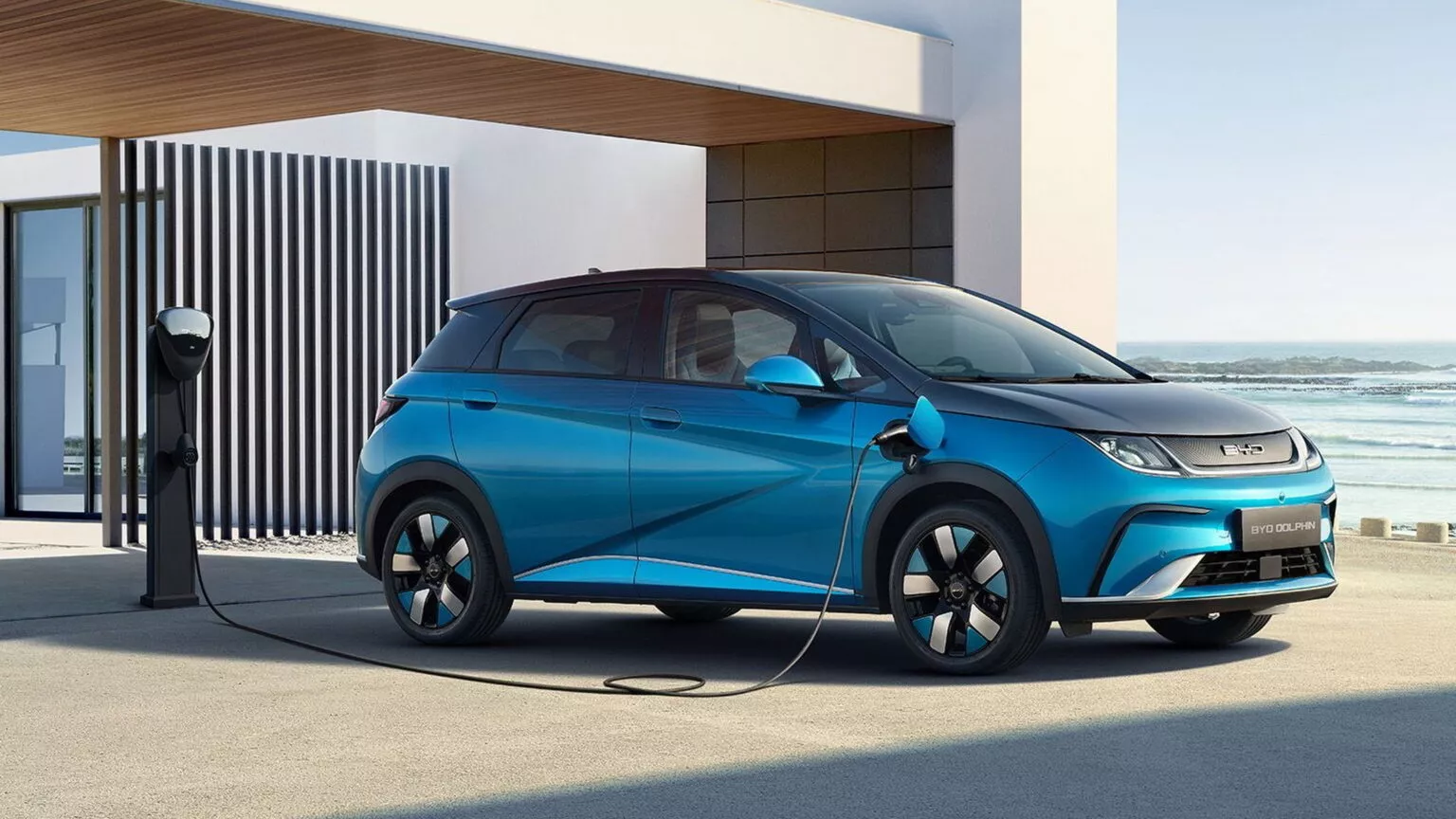Chinese electric vehicle (EV) manufacturer Li Auto has achieved a significant milestone by delivering a record 50,353 vehicles in December, surpassing the 50,000-unit mark for the first time in its history. The impressive figure represents the ninth consecutive monthly delivery record for Li Auto, marking a substantial increase of 137.15 percent from December 2022 and a 22.72 percent rise from November 2023, according to recently released data.
The stellar performance in December has also positioned Li Auto’s fourth-quarter deliveries above the upper end of its previously guided range. The company delivered a record 131,805 vehicles in the fourth quarter, surpassing the guidance range of 125,000 to 128,000 units. This achievement reflects a remarkable year-on-year increase of 184.56 percent and a notable 25.40 percent growth from the third quarter.
Li Auto had earlier provided guidance for fourth-quarter revenue in the range of RMB 38.46 billion ($5.4 billion) to RMB 39.38 billion, signifying a year-on-year growth of 117.9 percent to 123.1 percent.
For the entirety of 2023, Li Auto reported delivering a total of 376,030 vehicles, marking a remarkable year-on-year increase of 182.21 percent. As of December 31, 2023, the company’s cumulative deliveries since its inception stood at 633,364 vehicles.
Li Xiang, the founder, chairman, and CEO of Li Auto, expressed optimism about the company’s future, stating, “Looking ahead into 2024, we will continue to push the limit of growth and strive to become China’s best-selling premium auto brand.”
As of the end of 2023, Li Auto had established a robust presence with 467 retail stores in 140 cities, along with 360 servicing centers and authorized body and paint shops operating in 209 cities. The company’s current lineup comprises three extended-range electric vehicle (EREV) models – Li L7, Li L8, and Li L9 – all targeting a broader market compared to battery electric vehicle (BEV) models.
Li Auto is set to expand its portfolio further with the official launch of the Li Mega MPV (Multi-Purpose Vehicle) on March 1, representing a strategic move as it navigates challenges in entering the competitive BEV market.


